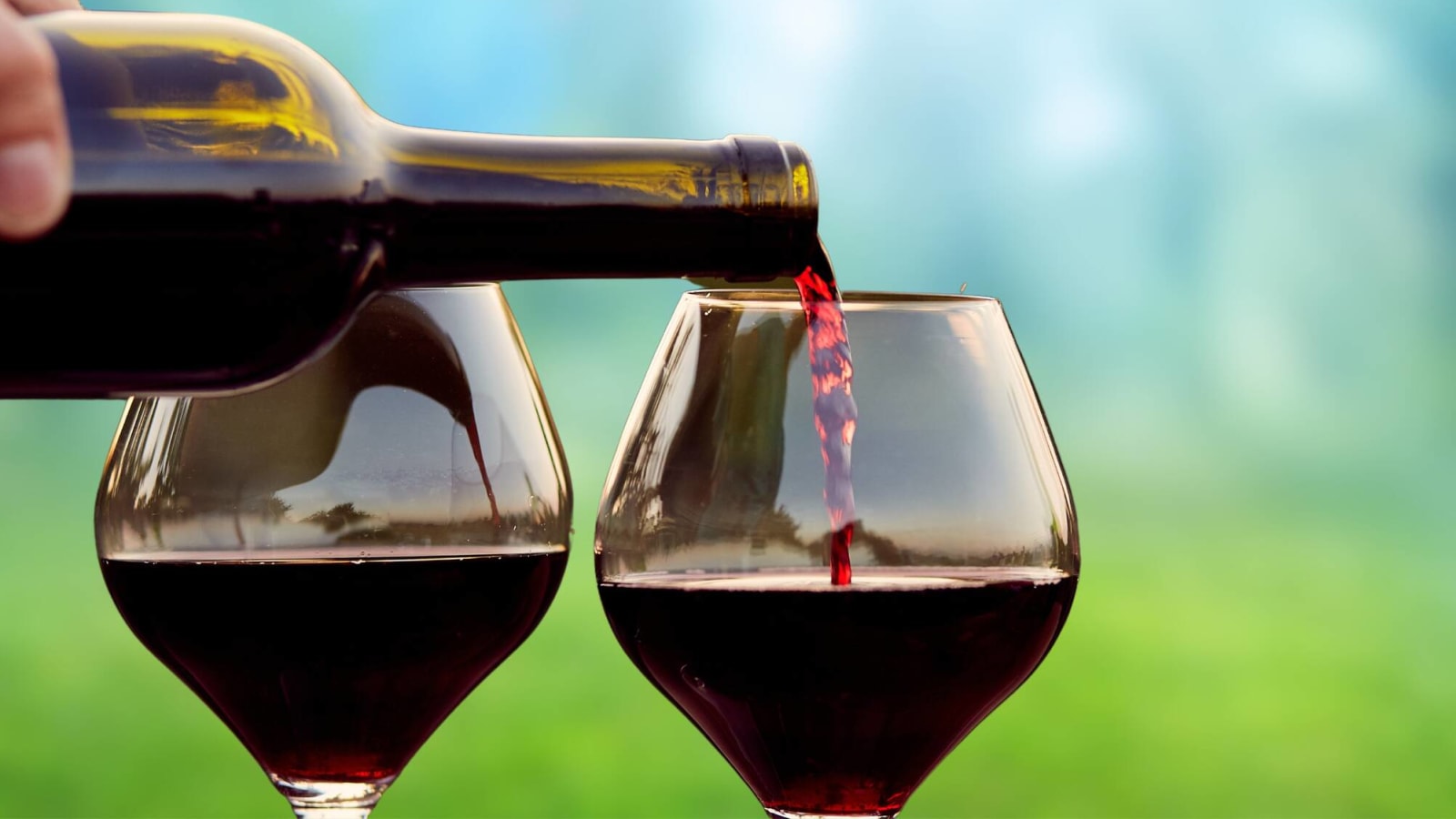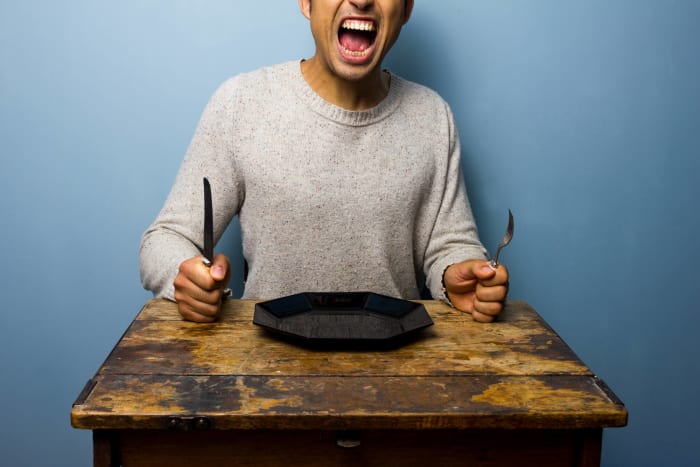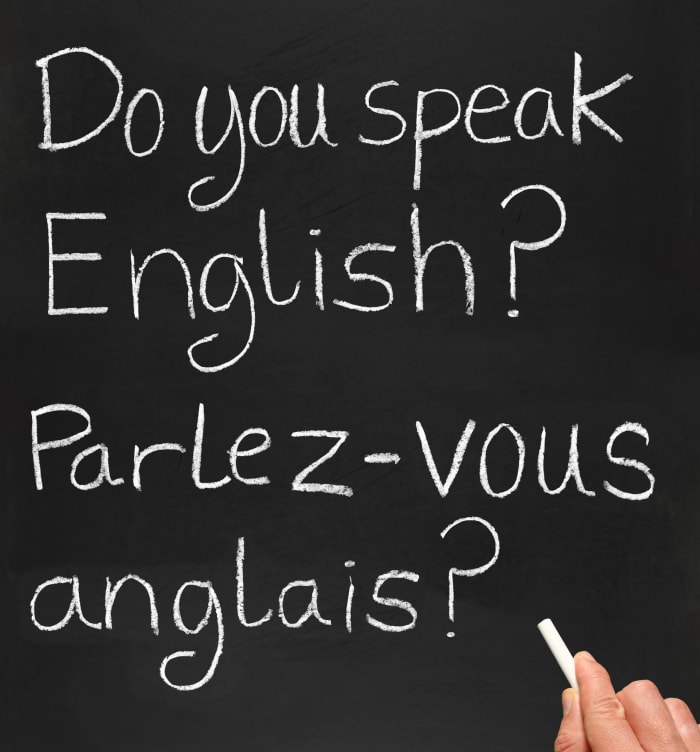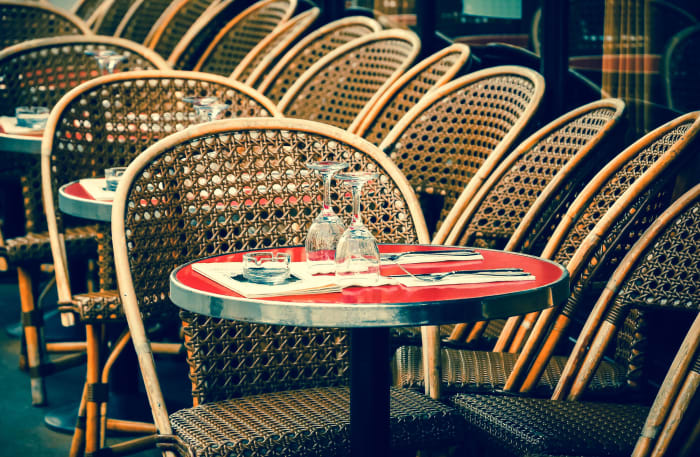x

Jeevan Dananjaya/Shutterstock
19 French faux pas
If you’re planning a trip to France in the near future, you’re probably doing a lot of research. However, in between looking up the must-visits and best restaurants, you’ll also want to be aware of things considered rude. Below are 19 faux pas to be mindful of on your next trip!
More must-reads:
- Legendary Broncos DC Joe Collier dead at 91
- Astros GM makes revealing comments about team's trade-deadline strategy amid poor start
- The 'Leading scorers from the 1992-93 NBA season' quiz
Breaking News
Customize Your Newsletter
 +
+
Get the latest news and rumors, customized to your favorite sports and teams. Emailed daily. Always free!
This site is protected by reCAPTCHA and the Google Privacy Policy and Terms of Service apply.




















